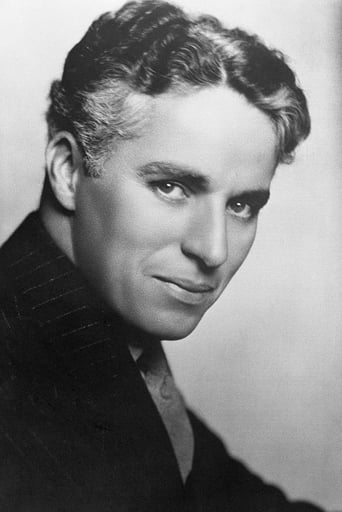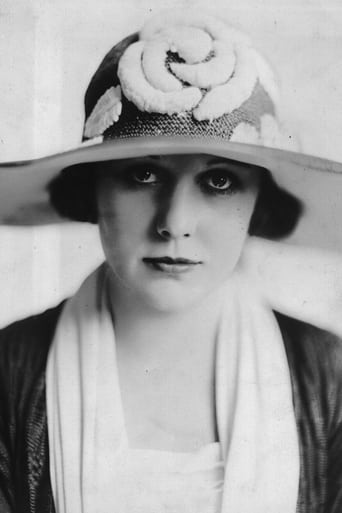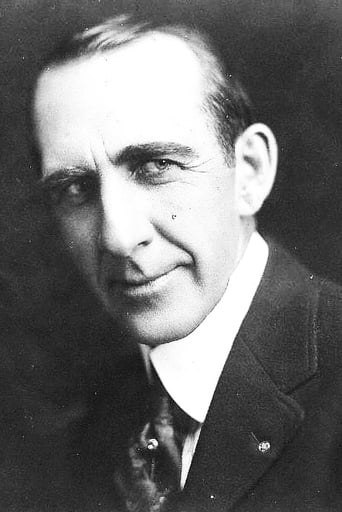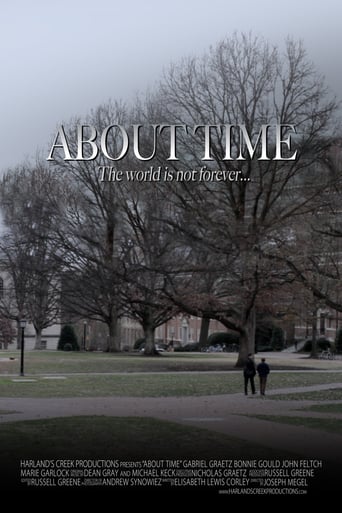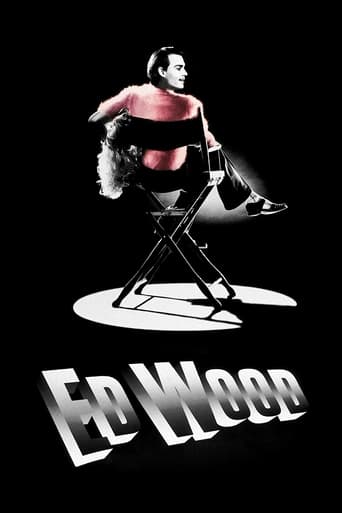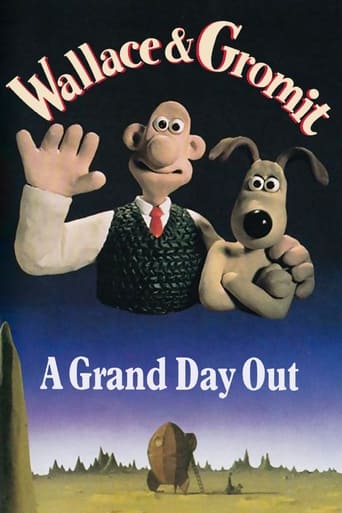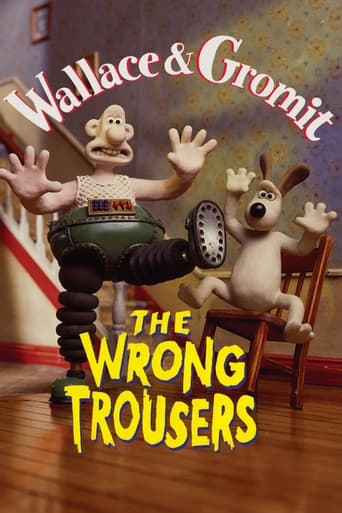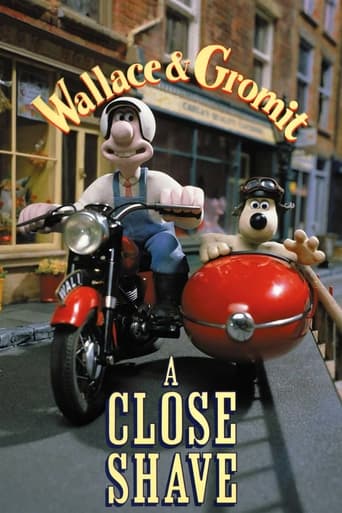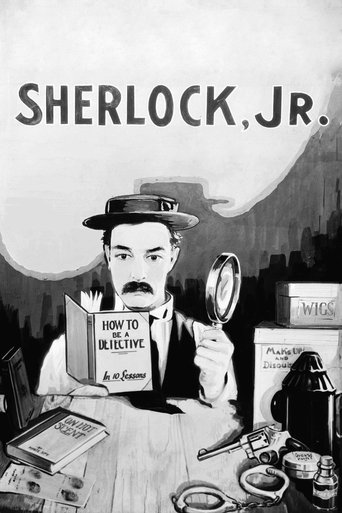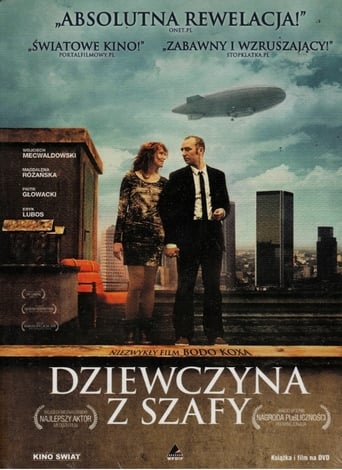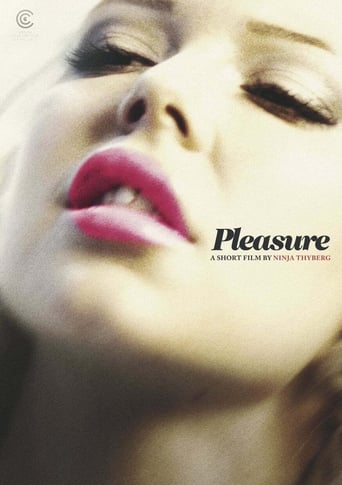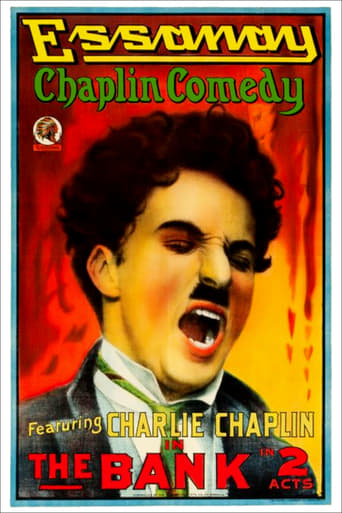
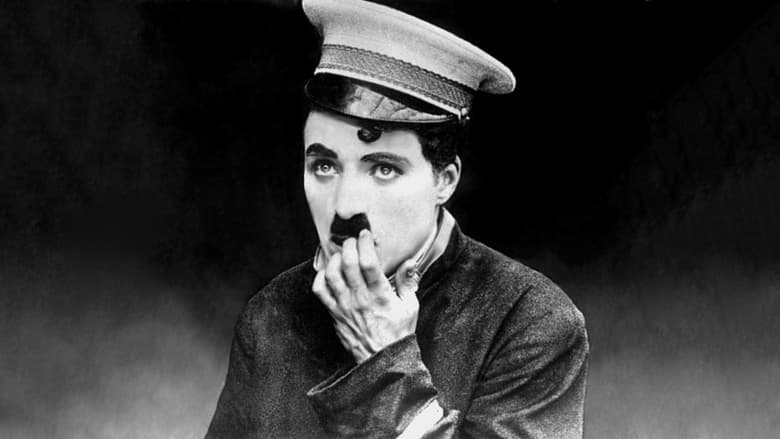
The Bank (1915)
A janitor at a bank is in love with a secretary and dreams that she has fallen in love with him too.
Watch Trailer
Cast


Similar titles
Reviews
"The Bank" (1915, Chaplin) "The Bank" was one of Charlie's 1915 Essanay films. While these group of films are more watchable than their 1914 counterparts, this one seems a bit below average. The gag with the janitorial double combo-locked vault and the tough-luck ending that has Charlie waking up from a dream, in which he is stroking the lead lady's hair, only to be stroking the head of a mop he had used as a quasi pillow, are both classic Chaplin moments. They are both ironically the beginning and the end. The middle is filled in with fighting with the rival co-worker janitor and busting up a bank robbery to win the girl. The mop is probably the greatest physical prop of this movie and Charlie uses it to expert comedic effect whether while it is the intention of his character or not. The mop seems to be Charlie's alter-ego doing things he wishes he could do but wouldn't with his own two hands. Interesting stuff but there's better.
The Bank- In an art that isn't completely lost today in big time Hollywood, yet quite possibly hasn't been perfected since, Charlie Chaplin wrote, directed, and starred in his own films. Chaplin shows off his ability to let his actions speak for him. While watching the film it seemed almost as if the music was the dialogue for the movie. Every emotion that Chaplin and the other actors were conveying in the film only seems to be enhanced by the music. Every action by each actor seems as if it is mirrored flawlessly and in sync with the film. No doubt that is the whole concept of silent film; nonetheless it hadn't been completely utilized in cinema during the early part of American film history. The story itself is funny throughout, but still produces emotions from opposite ends of the spectrum. Charlie, the janitor, carries himself with so much pride, as he goes to work, that you are initially under the impression that he is the owner of the bank or the person who runs it. Oddly enough he is nothing more but a janitor and poor janitor at best. His own follies make work harder on him. He doesn't get along with co-workers well and makes bigger messes then he has to clean up. A misunderstanding with another employee over a note to a different Charlie causes him some confusion. Charlie is flattered by the love letter left by the female employee and leaves flowers for her. Then she leaves them behind for Charlie to find. He is hurt by this discovery, so like the good janitor that he is he needs to take a nap while on the job.Suddenly during the middle of his nap he is awoken by robbers trying to steal money from the bank. Charlie, in his clumsy fashion, intends to save the day. He battles his foes displaying a superior boxing talent. He triumphs over his adversaries one at a time, the he saves his lady. A robber almost gets the best of Charlie when his new lady saves him which leads to the discovery of her old man hiding under the desk. Charlie goes in for a heroic victory kiss with his gal, for he had just showed the world he is capable of more than being just a janitor. He is a hero; surely a new promotion at the bank will await him. As the kiss occurs in what seems like the final shot of the movie Charlie finds himself swapping spit with the mop that was by his side during his nap. Charlie is still nothing more than a janitor, and he is still all alone.Throughout the movie you see Charles' ability to showcase comedy. He has an extraordinary talent for making each shot unique with his body movement alone. His writing, editing, and directing all have a profound sharpness to them. The continuity is almost perfect. He shot parts of the film at slower speeds which, when played in real time, make the scene look almost impossible for a human to perform naturally. This technique is something that works best in silent film because there is no sound to manipulate. It is as if Chaplin was able to link real time with sped up motion. This is a directing technique that isn't always possible in modern movies, although it is an old trick. Chaplin was known for never using a working script; this only adds to his creativity and his ability to construct greatness on the fly. The ending surely had to be a twist, a janitor goes from the bottom of the totem pole, to top dog, and in the end you find out that he is nothing more than a janitor once again. Chaplin at one point in his life was a butler, a servant in some ways, much like a janitor. You would think that he would want the little man to come out on top, but Chaplin was also a man who didn't care about riches. Instead of displaying a humorous case of sadism, Chaplin could be showing that people should be happy with what they have. Not that you should settle for less, but as a janitor he in no way showed that he deserved any type of promotion, and sadly enough the only way the janitor could come out on top was in his dreams. To understand The Bank you first have to understand Charles Chaplin. His comedy was more than just humor, was a drive for a better outlook on life. The Bank makes you wonder what the janitor would do to better himself. Maybe making us all ask ourselves the question, how can we better ourselves? With creative shots for the time period and technology you see the genius that Chaplin was and the greatness of the film The Bank.
This is one of the best of Charlie Chaplin's many early short films (i.e. from 1914-1916). Besides containing a lot of slapstick humor, the bank setting leads to some interesting subplots and themes.Charlie is a janitor in the bank, and he usually manages to create more messes than he cleans up. Much of the first part of the movie is a series of comic misadventures while Charlie is trying to do his job, producing a lot of laughs. Then we find that Charlie has his eyes on a girl, and meanwhile some bank robbers come on the scene.All of it leads to some good comedy, while also having some moments of humanity similar to those in the great films that Chaplin would create later. Charlie's character in this one is sympathetic and memorable. "The Bank" is a short feature with humor and substance, and it is one of the best examples of Chaplin's earlier work.
Once again as the loveable tramp, Chaplin again plays the part of the working man, which is particularly amusingly clarified in the opening scene. Charlie walks up to a huge vault door, twists knobs to open the combination locks, and after getting through several doors, he enters the impressive vault and comes out with a mop and bucket.The simple story in this film is overshadowed by the hilarious slapstick comedy, such as the commonplace, fast paced fight scenes. In one scene, Charlie actually hands a guy his coat and hat to hold and then he gives him one of his characteristic punches, sending him rolling over backwards. There is another noteworthy scene in which one guy is looking at himself in a mirror, combing his hair and whatnot, and Charlie uproariously mocks him for prettying himself up like that.(spoilers) While the slapstick comedy is probably the best element of this film, there is also a well-done love story presented that foreshadows that seen in the great City Lights. There is very good emotion in the scene where Edna, Charlie's love interest, tears up his love letter. The Bank is an example of Charlie's tendency to really keep you guessing, because although he almost always plays the protagonist, his films don't always end in his favor (the same is true for Caught In A Cabaret, another of his early short comedies). Ultimately, Charlie ends up getting the girl and saving the day, but then it turns out that it was all a dream, and he is alone. It's a good thing that he did this, too, because one of the things that made his tremendous amount of early short films remain interesting was that he mixed things around like that. And The Bank is among the best of those early films.


